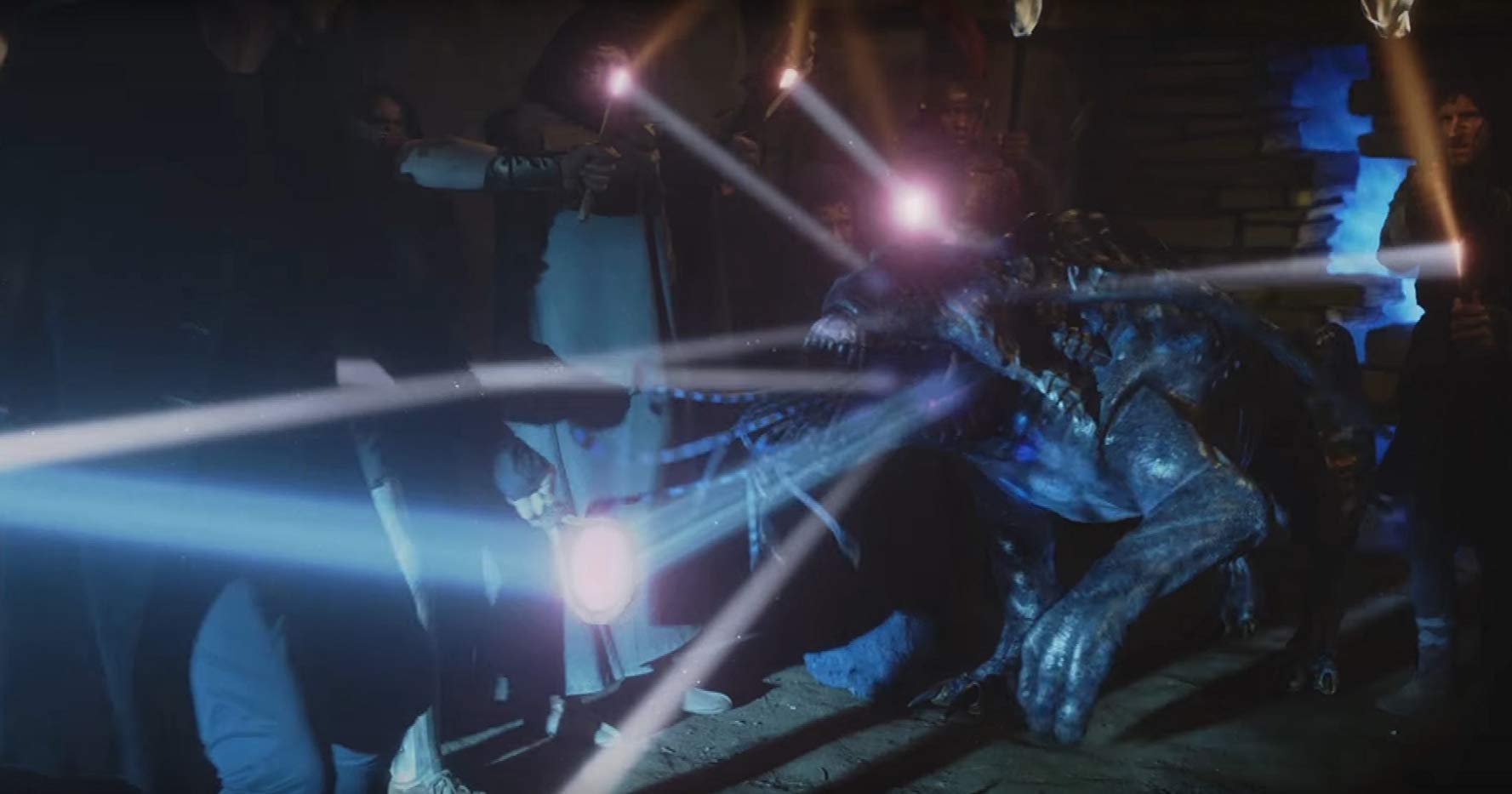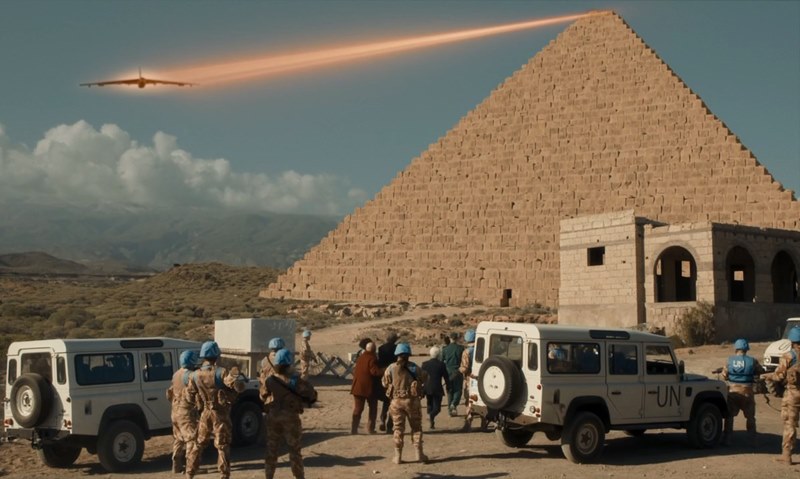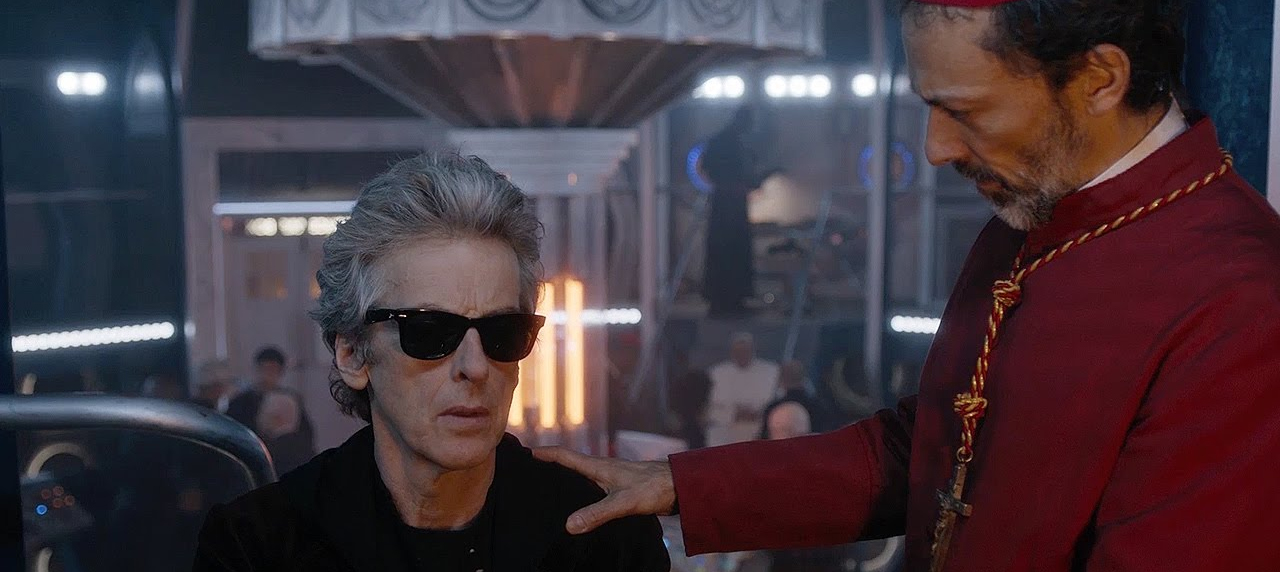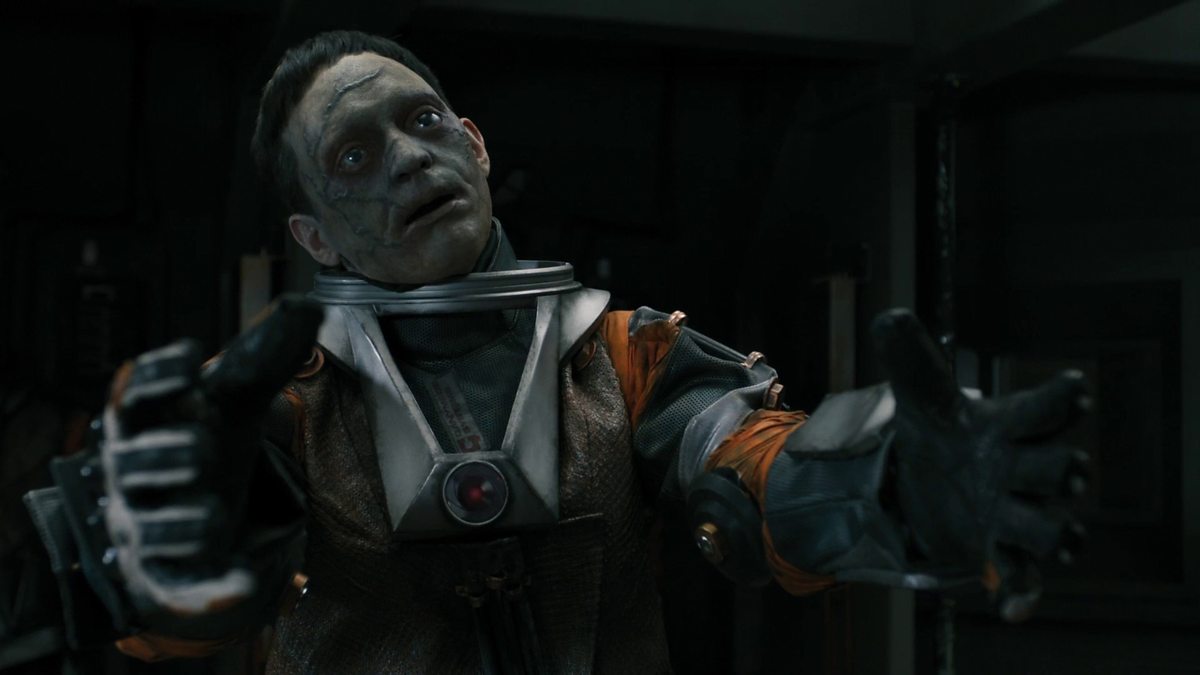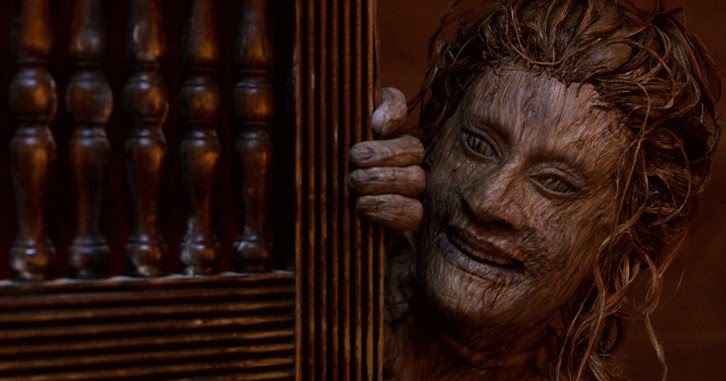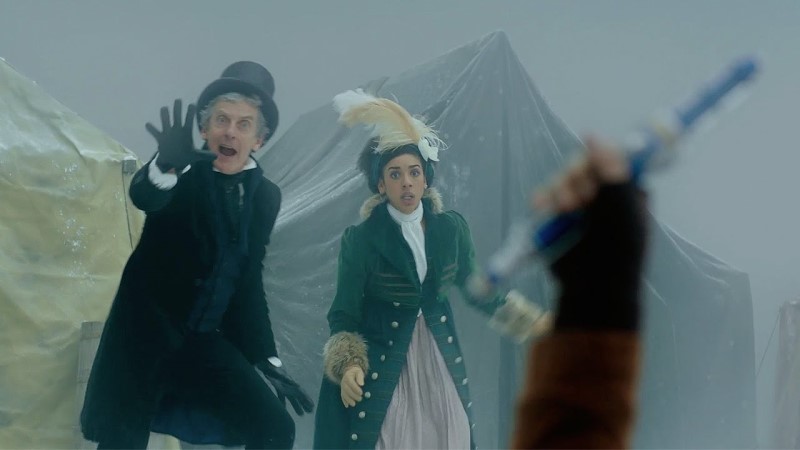This Old Body of Mine (World Enough and Time/The Doctor Falls)
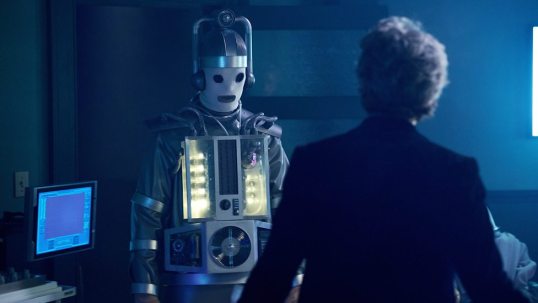 |
| Moffat sent Capaldi off with an acting challenge to rival Heaven Sent, namely selling the line “A Mondasian Cyberman!” |
It’s June 24th, 2017. Artists for Grenfell, a charity supergroup including Stormzy, Robbie Williams, Brian May, and Pete Townshend, are at number one with “Bridge Over Troubled Water,” which lasts for a week before “Despacito” makes its inevitable return. Little Mix, Rita Ora, and DJ Khaled also chart. In news, a terrorist attack occurs in Finsbury Park as a man drives a van into a crowd near a mosque while shouting “Kill all Muslims,” while ISIL destroys the Great Mosque of Al-Nuri in Mosul. And Theresa May finally reaches an agreement with the DUP to support her government for the low, low price of one billion pounds.
While on television, the end, or at least, the beginning of it, as Moffat ultimately found himself persuaded to do one more Christmas special, as Chibnall wasn’t going to be ready for one yet. Indeed, this final duology serves to interestingly highlight the nature of a regeneration story by taking the two crucial elements of one and splitting them into different stories. Twice Upon a Timegets the marquee moment in which Peter Capaldi is bathed in glowing light and becomes Jodie Whittaker, which is indeed a crucial scene. But World Enough and Time/The Doctor Falls is the one that gets the larger structural substance: an adventure that gets out of hand in which the Doctor wins at a terrible price.
It is this part, I would suggest, that is the more important half of the experience. Colin Baker, Sylvester McCoy, and John Hurt all had regeneration scenes, but they lacked stories of their phyrric victories leading up to those scenes, either going down for minimal reason at the start of their successor’s debut or departing in a scene tacked onto the end of their only story in order to avoid loose ends. And in each case there is something missing—far more of a something than the vaguely cut off and incomplete resolution of The War Games.
No, there’s something crucial to the story of a Doctor’s fall—something ultimately far more important than getting a monologue about when the Doctor was him or a swirling montage of past companions. The story in which the Doctor loses allows an era to make at least some comment on its vision’s limitations. The fact that the Doctor doesn’t simply always triumph makes the extra-diegetic concerns of actor replacement into diegetic ones, giving each era the opportunity to tell a story that is in part about the need to change and move on. Done correctly, as with The War Games or The Caves of Androzani, the regeneration story becomes a piercing study of an era’s shortcomings. Done wrong, as with Planet of the Spiders or The Time of the Doctor, it’s still an utterly fascinating exercise in drawing a line under what has come before. (That’s not me knocking The Time of the Doctor in general, to be clear, nor even me knocking Planet of the Spiders; they’re just not coherent responses to their eras in the way that The War Games or The Caves of Androzani are.)…

 And so begins the endgame of an era, in which I traditionally wander around a bit and look at other things before actually resolving the era. We’ve two more Capaldi-era stories and five entries to cover them with. And today we dip into the BBC Books line for the fourth time this era because I want to talk a little more about Missy, and the alternative is Big Finish’s box set and, well,
And so begins the endgame of an era, in which I traditionally wander around a bit and look at other things before actually resolving the era. We’ve two more Capaldi-era stories and five entries to cover them with. And today we dip into the BBC Books line for the fourth time this era because I want to talk a little more about Missy, and the alternative is Big Finish’s box set and, well, 